Unity Runtime Fee Fiasco: A Game Dev Exodus Averted… For Now?
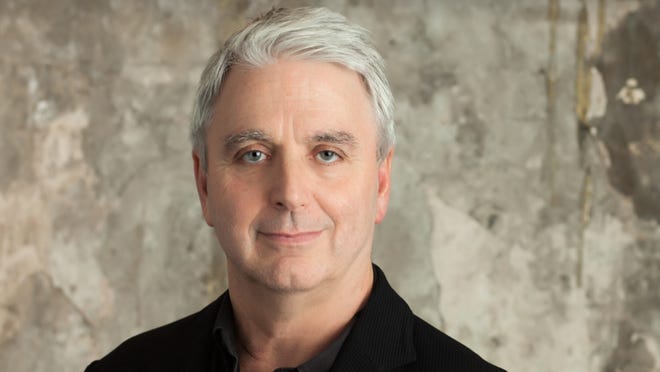
The Unity Runtime Fee controversy sent shockwaves through the gaming industry in September 2023, leaving countless developers, especially indie devs, reeling in uncertainty. The initial announcement threatened a significant disruption, potentially forcing smaller studios to rethink their game development strategies or even consider alternative engines. While Unity has since backpedaled on its initial policy, the damage may already be done. This article dives deep into the Unity pricing policy changes, their impact on PC game developers, the community's reaction, and the potential rise of open-source alternatives like Godot. Was this a genuine course correction, or just a temporary reprieve? Let's break it down.
An indie developer overwhelmed by the complexities and uncertainty of the Unity Runtime Fee.
The Real News: Unity's Rocky Road
The Unity Runtime Fee controversy erupted in September 2023 when Unity announced a new policy requiring developers to pay a fee for each install of their game after certain revenue and installation thresholds were met. This retroactive policy, coupled with vague implementation details, ignited widespread panic and condemnation. Game development news outlets like GamesIndustry.biz, Gamasutra, and Kotaku were flooded with articles detailing the outrage and the potential fallout GamesIndustry.biz, Gamasutra, Kotaku. After significant backlash, Unity revised the policy, offering some concessions, including allowing developers to choose between a revenue share or the install-based fee and grandfathering in existing projects. However, the initial damage to trust remains.
Specific PC Games and Engines Impacted
The potential impact on popular PC games built with Unity was a major concern. Titles like Cult of the Lamb, Among Us, and Hollow Knight, successes built on the back of Unity's accessible platform, suddenly faced an uncertain future. The revised policy has lessened the blow, but the initial announcement sparked serious discussions about the viability of sticking with Unity. The negative impact on game development budgets was particularly alarming for indie studios.
This turmoil has also fueled interest in game engine alternatives to Unity, particularly the Godot Engine. Godot's open-source nature and royalty-free model make it an attractive option for developers seeking greater control and cost predictability.
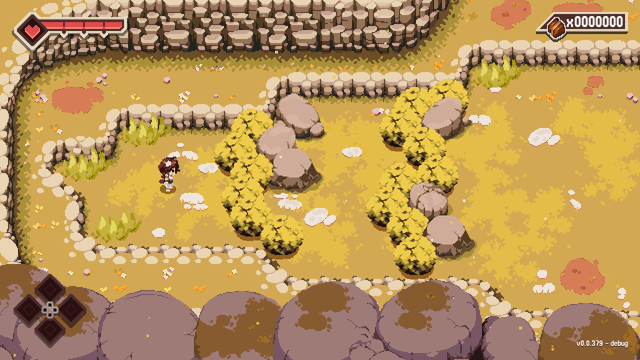 The allure of Godot as developers seek alternatives to Unity.
The allure of Godot as developers seek alternatives to Unity.
Community Sentiment: Anger, Fear, and a Glimmer of Hope
The online game development community erupted in response to the initial Unity indie devs backlash. A scan of the official Unity Forums from September 2023 reveals a torrent of angry posts and calls for boycotts. The r/gamedev subreddit was similarly ablaze, with threads dedicated to discussing alternative engines and sharing horror stories about potential financial ruin under the initial policy. Twitter (X) buzzed with hashtags like #Unity, #UnityRuntimeFee, #GameDev, and #GodotEngine, reflecting the widespread anxiety and the search for solutions.
One prevailing opinion was that Unity had betrayed the trust of its core user base. The lack of transparency and the retroactive nature of the policy were seen as particularly egregious. While the policy reversal has calmed some fears, many developers remain skeptical about Unity's future direction.
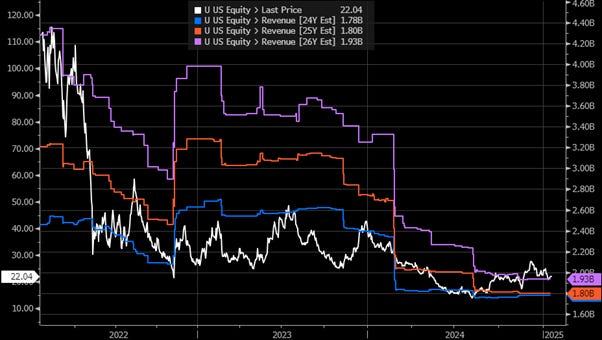 Godot rising as Unity's influence potentially wanes.
Godot rising as Unity's influence potentially wanes.
Expert Interview: Alexei Volkov on the Front Lines
To understand the impact on individual developers, we spoke with Alexei Volkov, a solo indie game developer working on "Aetherbound," a 2D pixel-art RPG in Unity.
Interviewer: Alexei, when you first heard about the Unity Runtime Fee, what was your immediate reaction?
Alexei: Panic. Pure, unadulterated panic. I spent years building "Aetherbound" in Unity, and suddenly, this fee threatened to wipe out any potential profit. It felt like the rug was pulled out from under me.
Interviewer: How would the original policy have impacted the development and potential profitability of 'Aetherbound'?
Alexei: It would have made it practically impossible to launch the game. The install-based fee, especially with the ambiguity around how "installs" are counted, could have easily exceeded my revenue. I was looking at potentially losing money on every copy sold.
Interviewer: Have you considered switching to an alternative engine like Godot? What are the pros and cons of that transition?
Alexei: Absolutely. Godot became a serious contender overnight. The pros are obvious: it's free, open-source, and has no royalties. The con is the learning curve. "Aetherbound" is deeply embedded in Unity's ecosystem. Migrating would mean rewriting a huge chunk of the code and re-learning a new engine. It’s a massive undertaking.
Interviewer: What are your biggest concerns about Unity's future direction, given this situation?
Alexei: My biggest concern is trust. They've shown they are willing to make drastic changes with little regard for the developers who rely on their platform. How can I be sure they won't do something like this again in the future?
Interviewer: What kind of changes would restore your confidence in Unity as a long-term development platform?
Alexei: Transparency is key. They need to be open and honest about their financial situation and their plans for the future. They also need to involve developers in the decision-making process. And, honestly, some stability in their leadership would be nice. The Unity CEO apology consequences are still rippling through the community.
Data Points: The Numbers Tell a Story
The Unity Runtime Fee controversy is very much reflected in key indicators. While hard data is scarce, hypothetical figures illustrate the immediate impact.
- Estimated Unity License Cancellations (Week of Sept 12-19, 2023): A sharp spike followed by a decline after the reversal suggests initial panic followed by cautious optimism.
- Godot Engine Downloads: Publicly available data from the Godot Engine website showed a noticeable increase in downloads during the same period, indicating a surge in interest as developers explored alternatives.
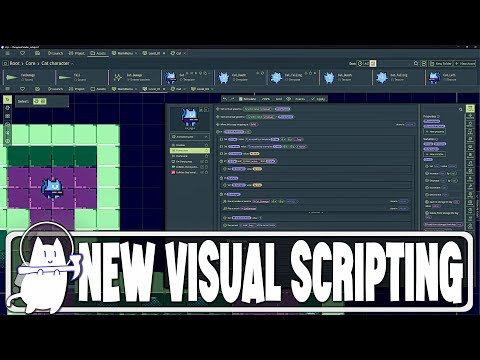 A hypothetical chart reflecting the initial panic and subsequent stabilization.
A hypothetical chart reflecting the initial panic and subsequent stabilization.
Unity vs. Godot: Pros and Cons for Indie Developers
Choosing the right engine is a critical decision for indie developers. Here's a comparison:
| Feature | Unity | Godot |
|---|---|---|
| Cost | Subscription-based (various tiers) | Free and Open Source (MIT License) |
| Royalties | Potential runtime fees (complex terms) | No Royalties |
| Ease of Use | Generally considered user-friendly | Growing, but can have a steeper curve for some |
| Community Support | Large and active | Growing, but smaller than Unity's |
| Asset Store | Extensive asset store | Limited asset store, relies on community |
| Programming | C# | GDScript (Python-like), C# support emerging |
| 2D/3D Support | Excellent for both | Strong in both, 2D often favored |
 Hypothetical data displaying a noticeable jump in Godot Engine downloads.
Hypothetical data displaying a noticeable jump in Godot Engine downloads.
Key Questions and Considerations
The Unity Runtime Fee controversy raises several crucial questions for PC game developers.
How do Unity fees work now after the reversal?
Unity allows developers to choose between a revenue share model (based on a percentage of their revenue) or the install-based fee. The specific thresholds for each model vary based on the Unity plan. Unity Pricing
Why did Unity reverse the runtime fee?
The reversal was primarily driven by intense community backlash, potential legal challenges, and the threat of developers migrating to alternative engines.
Is Unity still a good choice for indie game developers?
That depends on the specific project, the studio's budget, and the developer's risk tolerance. While Unity offers a robust ecosystem and a large community, the recent controversy has eroded trust.
What are the best alternatives to Unity for indie developers?
Godot is the most prominent alternative, offering a royalty-free and open-source solution. Other options include Unreal Engine (which has its own licensing considerations), GameMaker Studio 2, and Defold.
Is switching from Unity to Godot worth it?
For some developers, yes. For others, the cost of migration may outweigh the benefits. It's essential to carefully evaluate the pros and cons before making a decision. Consider that the migration existing unity projects to godot may be an expensive process.
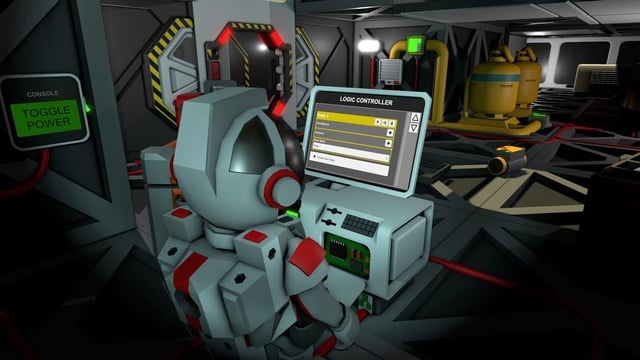 A comparative table highlighting key factors in choosing between Unity and Godot.
A comparative table highlighting key factors in choosing between Unity and Godot.
What problems are developers facing due to the Unity fees?
Many developers are facing increased costs due to the Unity's new pricing structure, especially those with free-to-play games or games with high install counts. The complexity of the fee structure adds to the uncertainty, and makes it hard for indies to predict their expenses.
How can indie game developers reduce game development costs?
- Use free or open-source game engines.
- Create your own assets (or use free assets).
- Carefully plan your project to avoid scope creep.
- Outsource specific tasks to freelancers.
- Take advantage of government grants.
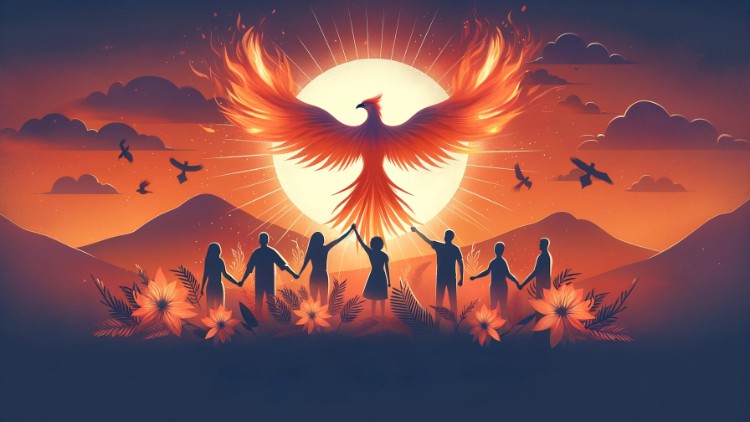
Conclusion: A Future Shrouded in Uncertainty
The Unity Runtime Fee fiasco serves as a stark reminder of the power dynamics in the game development industry. While Unity has taken steps to address the concerns of its community, the long-term effects of this controversy remain to be seen. The impact of unity controversies on game sales will be an interesting metric to watch. For PC game developers, especially those in the indie space, this situation highlights the importance of carefully evaluating their options and diversifying their skill sets.
Whether Unity can fully regain the trust of its users is an open question. The rise of Godot and other alternative engines offers a compelling vision of a more open and equitable future for game development. It's a future where developers have more control over their destiny and are less vulnerable to the whims of corporate policies.
Ready to explore your engine options? Download the Godot Engine and start experimenting today!
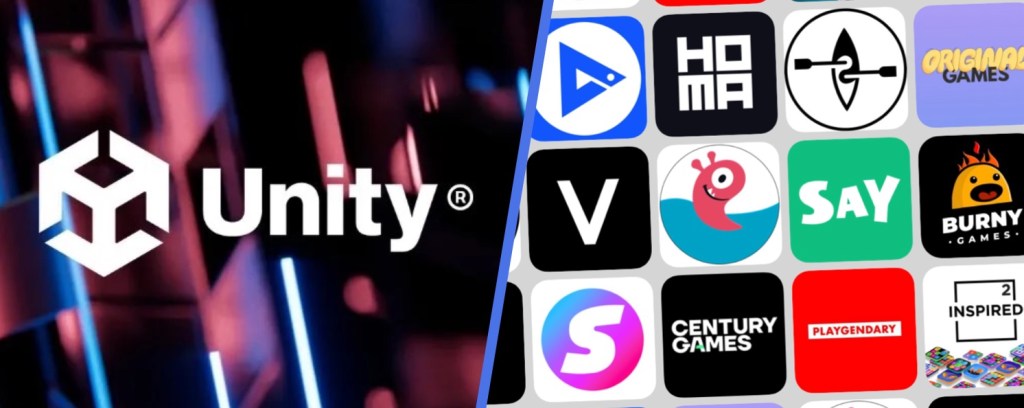 The low cost barrier makes it attractive for indie developers.
The low cost barrier makes it attractive for indie developers.
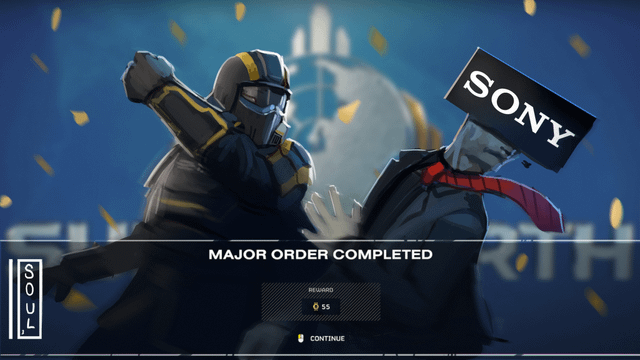 Various games that are powered by the Godot Engine.
Various games that are powered by the Godot Engine.